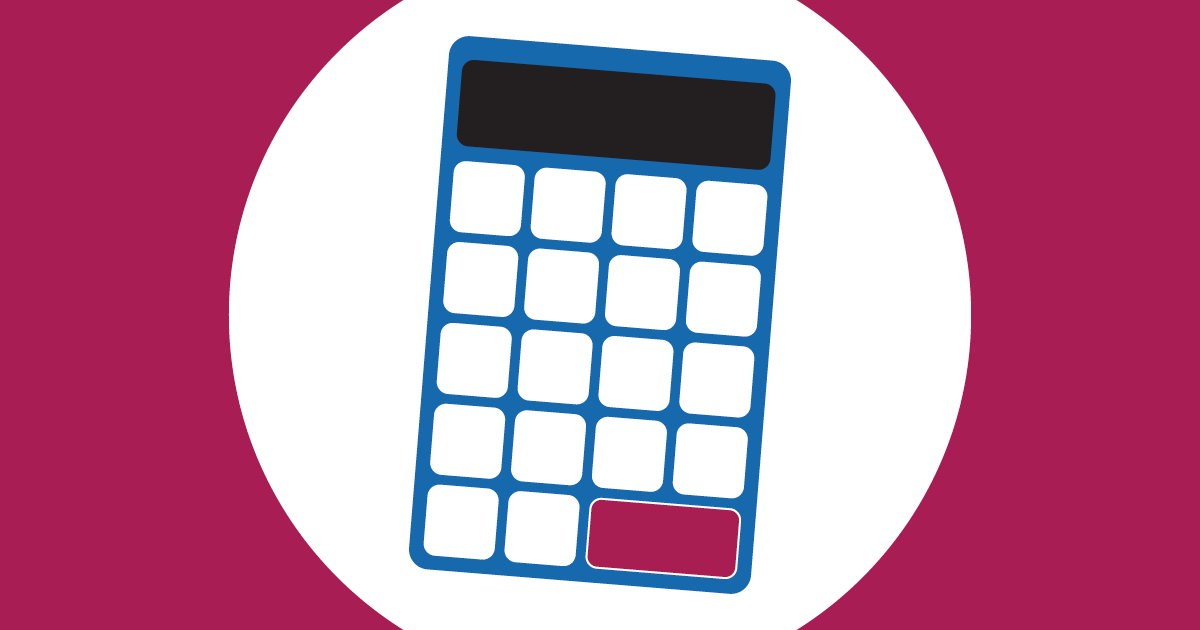In the past, most cats with clinical signs of FIP died or were euthanised within days to months of diagnosis; the disease carried a very grave prognosis.
But recent advances in the use of certain antiviral drugs has made FIP treatable, with approximately 80% of cats responding favourably to GS-441524 (an adenosine nucleoside analogue that inhibits viral RNA polymerase) and GC376 (a viral protease inhibitor).
Legal formulations of these medications are not commercially available in many countries, although some owners have sourced and administered illegal formulations to their cats and patients.
However, legal formulations of GS-441524 and remdesivir – a prodrug of GS-441524 – have been available to veterinarians in the UK and Australia for the past year or so. These drugs can be obtained from a veterinary specials manufacturer.
Further drugs that have shown therapeutic effects include:
- Polyprenyl immunostimulant, a drug licensed in the US for the reduction of the severity of signs of feline herpesvirus disease, which has also shown a beneficial effect in cats with non-effusive FIP.
- Feline interferon omega, which is licensed for the treatment of FIP, and has been shown to display antiviral, immunomodulatory and antiproliferative actions. However, it is considered as an adjunctive treatment to be used in conjunction with remdesivir or GS-441524.
Further information about all of these treatments can be found in this article (add link later).
Calculator
With various dosage rates based on the FIP presentation and the drug/compound being used, we have teamed up with the FIP advice group to produce the FIP dosage calculator based on current recommendations.
The calculator – created using the data in the table in the article “FIP: treatment with antivirals” – will be updated in-line with changes to recommendations.
For more information about the dosage rates – or anything relating to FIP – email the FIP advice group.

Leave a Reply